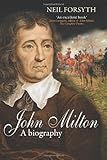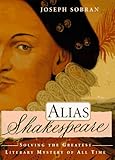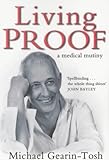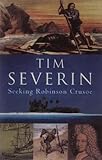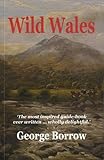Robert Louis Stevenson was born on November 13, 1850, in Edinburgh, Scotland. His mother, Margaret Balfour Stevenson, was a minister’s daughter, and his father, Thomas Stevenson, was a civil engineer, and with his grandfather, a famed lighthouse builder.
Stevenson was a sickly child, born with a lung disorder, and spent much time in his bedroom drawing or painting, playing with toys, and making up wonderful stories of faraway lands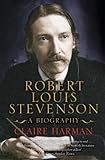 and exciting adventures. He always yearned to go that “somewhere of the imagination where all the troubles are supposed to end”. His formal education started at the age of seven, but his studies were undertaken with great irregularity. What he loved most about school were the magazines he initiated: miscellaneous collections of ‘fact, fiction and fun’, titled Sunbeam Magazine and The Schoolboy Magazine. At his father’s insistence, he entered Edinburgh University to study Engineering. He then went on to study Law, although he was much more interested in Literature and writing.
and exciting adventures. He always yearned to go that “somewhere of the imagination where all the troubles are supposed to end”. His formal education started at the age of seven, but his studies were undertaken with great irregularity. What he loved most about school were the magazines he initiated: miscellaneous collections of ‘fact, fiction and fun’, titled Sunbeam Magazine and The Schoolboy Magazine. At his father’s insistence, he entered Edinburgh University to study Engineering. He then went on to study Law, although he was much more interested in Literature and writing.
In 1878, his first book, An Inland Voyage, was published, closely followed by 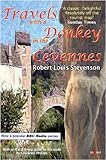 Travels with a Donkey in the Cevennes (1879). This was a fascinating account of a romantic hike through the forests and hills of central France, with unforgettable scenes of Stevenson sleeping under the stars, with the strong-willed Modestine tethered by his side. His love of the people he encountered shines throughout. With such a strong visual sense, it is hardly surprising that Stevenson’s stories remain ever popular with successive generations of readers.
Travels with a Donkey in the Cevennes (1879). This was a fascinating account of a romantic hike through the forests and hills of central France, with unforgettable scenes of Stevenson sleeping under the stars, with the strong-willed Modestine tethered by his side. His love of the people he encountered shines throughout. With such a strong visual sense, it is hardly surprising that Stevenson’s stories remain ever popular with successive generations of readers.
